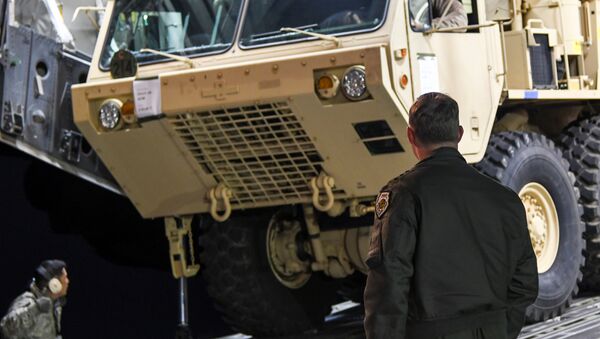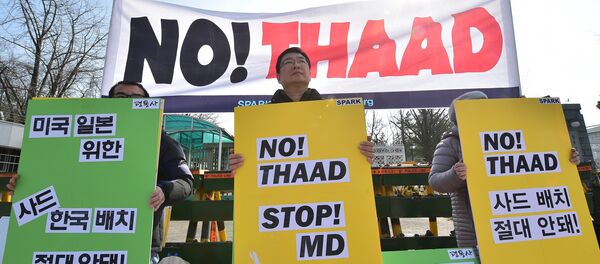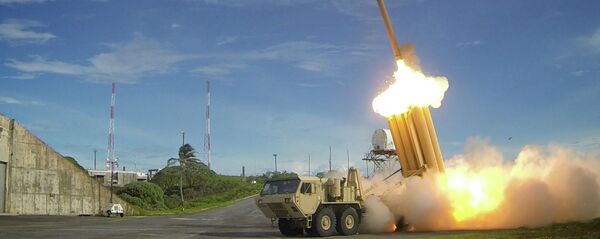China has been particularly vocal in decrying THAAD, prompting US Defense Secretary James Mattis to address both their and Moscow’s complaints in February, saying, "there is no other nation that needs to be concerned about THAAD other than North Korea," according to CNN.
In August 2016, Yonhap quoted South Korean chief presidential secretary of public affairs Kim Sung-woo stating, "The fundamental reason for the decision to deploy THAAD lies in the rising nuclear and missile threats from North Korea. If such threats from the North disappear, THAAD won’t be needed."
Some South Korean officials believe that China has attempted to add pressure by imposing restrictions on businesses operating in and with Seoul. Finance Minister Yoo Il-ho has said there is no hard evidence of this, but Moon Jae-in, the politician many expect to be South Korea’s next president, has called on China to halt its economic retaliation.
During a debate with other candidates on Tuesday, Moon said, "We should complain about what needs to be complained about and we should make diplomatic efforts to persuade China," adding, "It is also not desirable for China to harm our relationship with excessive retaliation…I call on China to immediately stop."
Retired PLA general Wang Hongguang told SCMP that China could also counter the utility of THAAD by using its own anti-radar technology. "We will complete our deployment before THAAD begins operations. There is no need to wait for two months [before the election of the next South Korean president]," he said, "We already have such equipment in place. We just have to move it to the right spot."
Washington and Seoul claim that the sole purpose of THAAD is to address threats from North Korea, which continues launching ballistic missiles and testing nuclear weapons despite sanctions, as recently as March 6. The system is designed to intercept short-, medium- and intermediate-range missiles.






